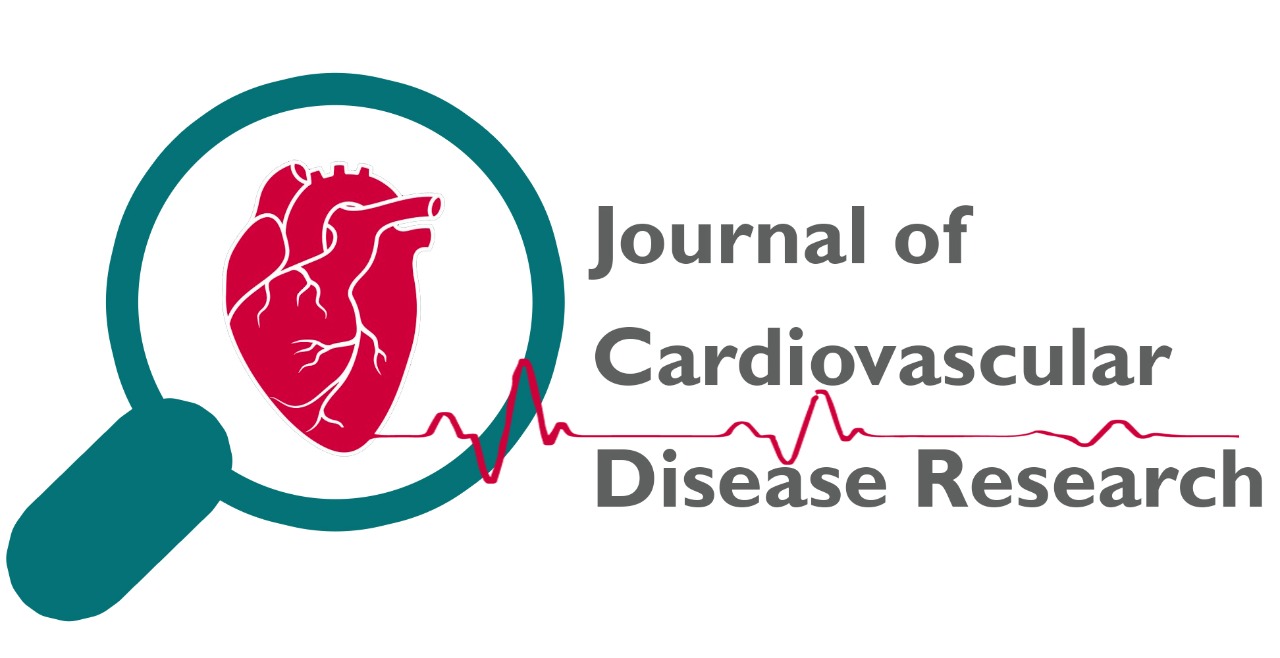
Efficient Privacy-Preserving Medical Diagnosis on Edge Computing Platforms
Subba Reddy Borra, B Gayathri,, B Rekha, B Akshitha, B. Hafeeza
JCDR. 2023: 608-616
Abstract
Edge computing has emerged as a potential solution to some of the challenges in healthcare. It involves processing data closer to the source, such as medical devices and sensors, rather than relying solely on centralized data centers or cloud computing. This approach offers advantages like reduced latency, real-time decision-making, and enhanced privacy protection. Efficient privacy-preserving medical diagnosis on edge computing platforms is a concept deeply rooted in the intersection of healthcare and technology. Over the years, medical diagnosis has increasingly relied on machine learning algorithms to analyze vast amounts of patient data. These algorithms can predict diseases, identify anomalies in medical images, and offer personalized treatment recommendations. However, a significant challenge in this domain is the protection of patient data privacy. Healthcare data is incredibly sensitive, and data breaches or unauthorized access can result in severe consequences, including identity theft and discrimination. Therefore, this research work tackles several key issues. First and foremost, it aims to ensure the privacy of medical data throughout the diagnosis process. This means developing machine learning models and algorithms that can make accurate predictions while safeguarding the sensitive information contained in patient records. Additionally, these models must be highly efficient to operate effectively within the resource-constrained environment of edge computing platforms. Further, real-time processing is a critical requirement in healthcare, especially for conditions that demand immediate attention. Hence, this work strives to provide timely results to healthcare providers. Furthermore, the models must maintain a high level of accuracy and reliability to instil trust in the medical community and ensure that patients receive the best possible care. Ultimately, this research aligns with the goal of patient-centric care. It empowers patients to have more control over their data, share it securely with healthcare providers, and receive real-time decision support, all while preserving their privacy and the integrity of their medical information.
Description
Volume & Issue
Volume 14 Issue 10
Keywords
|
This is an open access journal which means that all content is freely available without charge to the user or his/her institution. Users are allowed to read, download, copy, distribute, print, search, or link to the full texts of the articles in this journal without asking prior permission from the publisher or the author. This is in accordance with the Budapest Open Access Initiative (BOAI) definition of open access.
The articles in Journal of Cardiovascular Disease Research are open access articles licensed under the terms of the Creative Commons Attribution Non-Commercial License (http://creativecommons.org/licenses/by-nc-sa/3.0/) which permits unrestricted, non-commercial use, distribution and reproduction in any medium, provided the work is properly cited. |
|
|
|
|
|
Copyright � 2022 Journal of Cardiovascular Disease Research All Rights Reserved. Subject to change without notice from or liability to Journal of Cardiovascular Disease Research.
For best results, please use Internet Explorer or Google Chrome POLICIES & JOURNAL LINKS
Author Login
Reviewer Login About Publisher Advertising Policy Author's Rights and Obligations Conflict of Interest Policy Copyright Information Digital Archiving & Preservation Policies Editorial Policies Peer Review Policy Editorial & Peer Review Process License Information Plagiarism Policy Privacy Policy Protection of Research Participants (Statement On Human And Animal Rights) Publication Ethics and Publication Malpractice Statement Corrections, Retractions & Expressions of Concern Self-Archiving Policies Statement of Informed Consent Terms of Use |
Contact InformationJournal of cardiovascular Disease Research,
|




